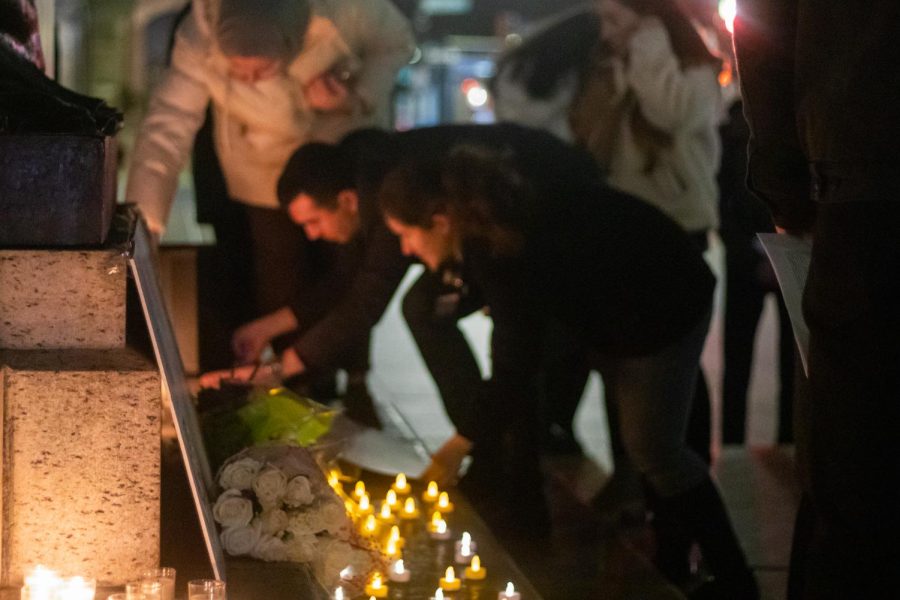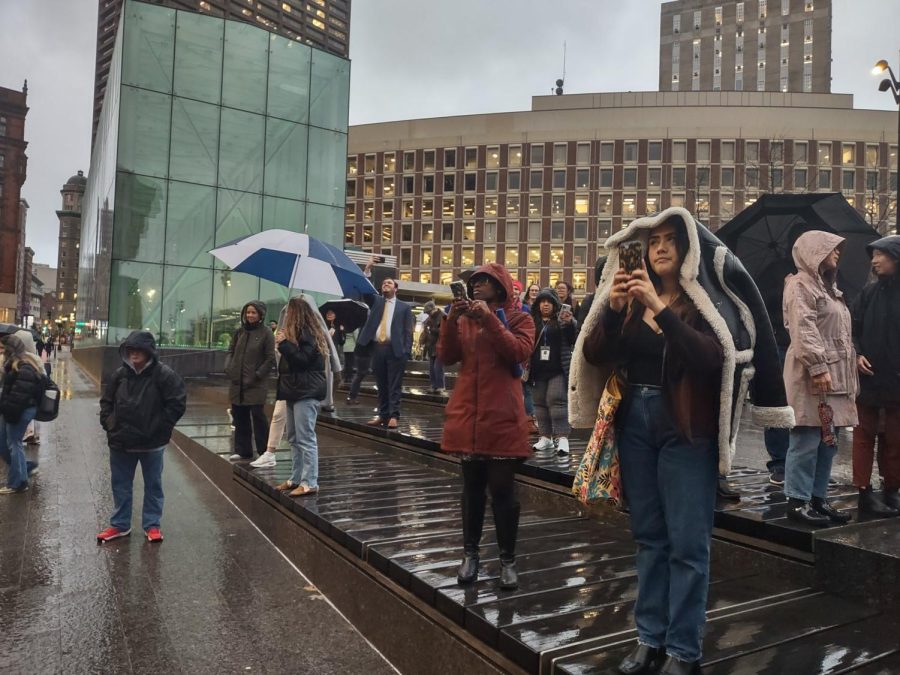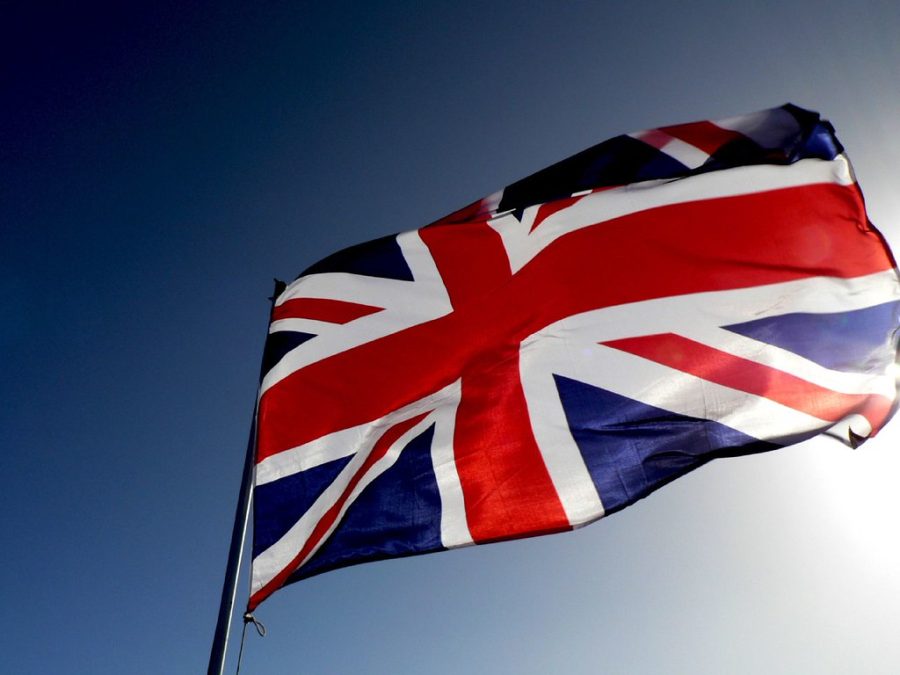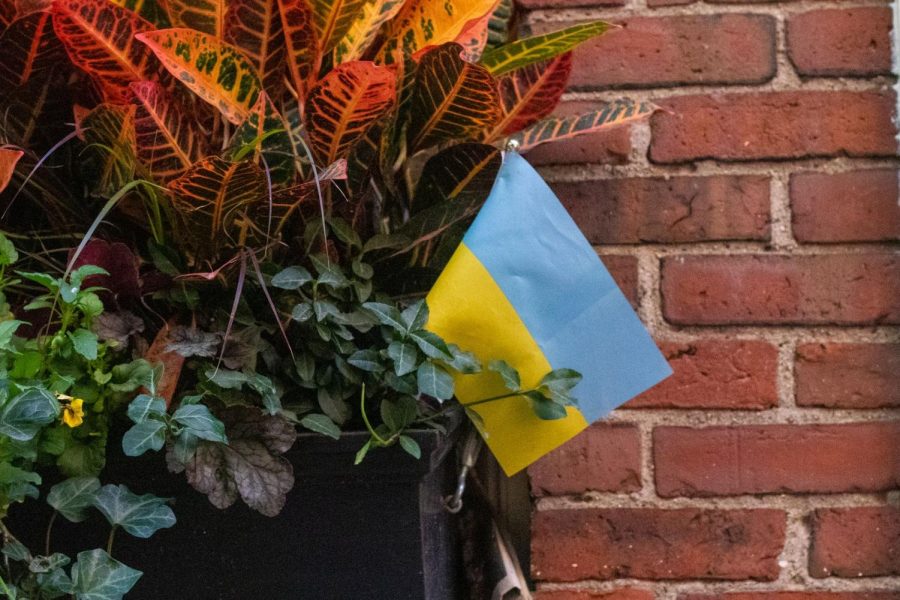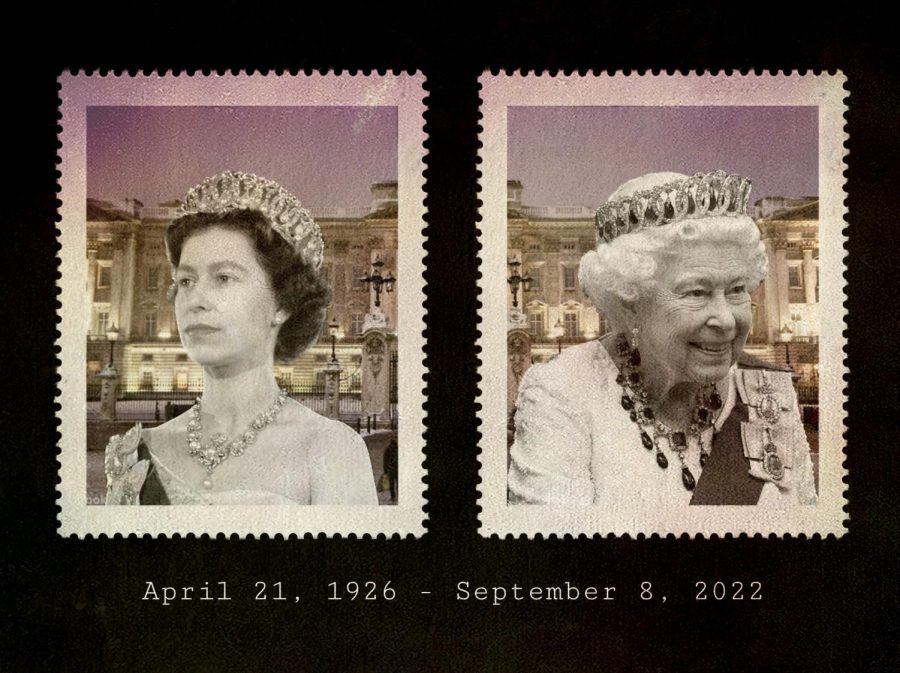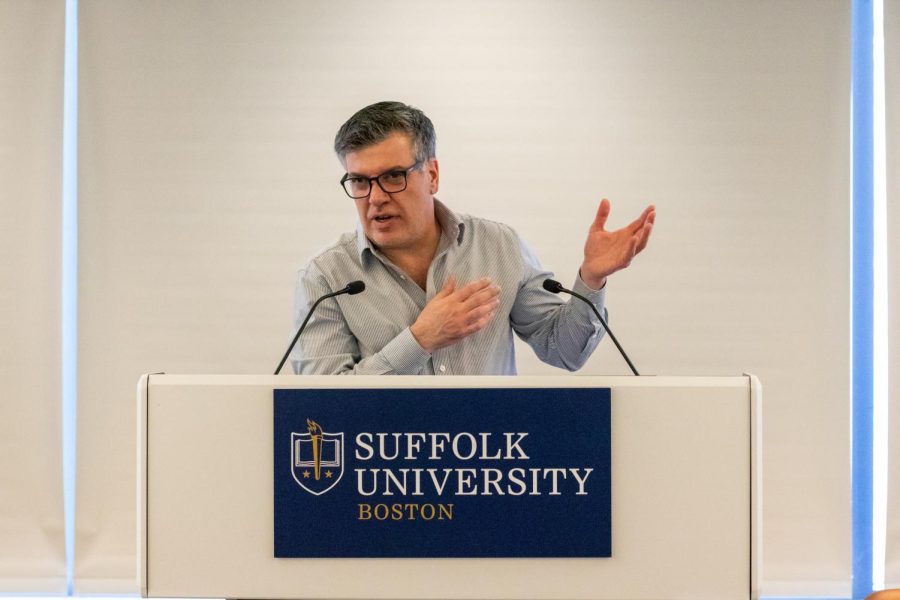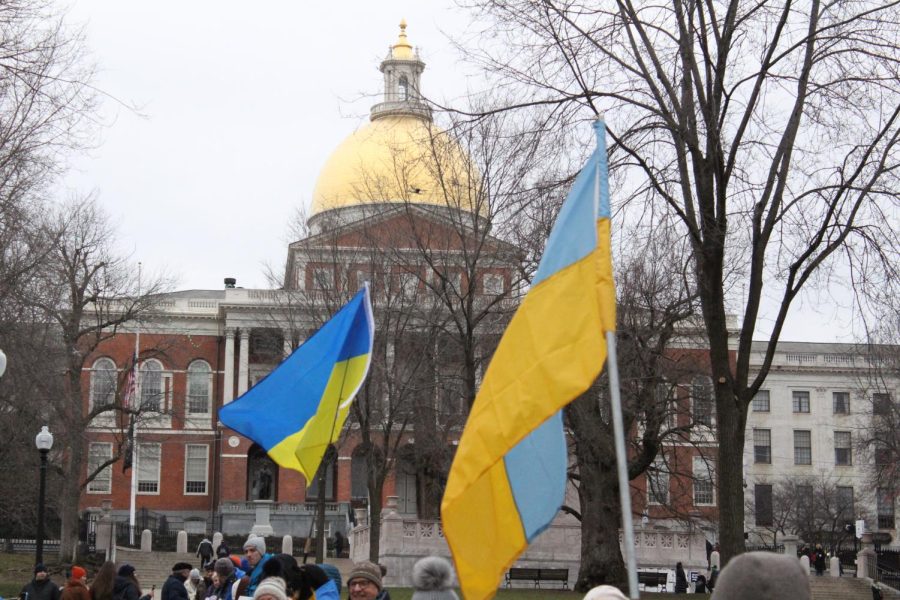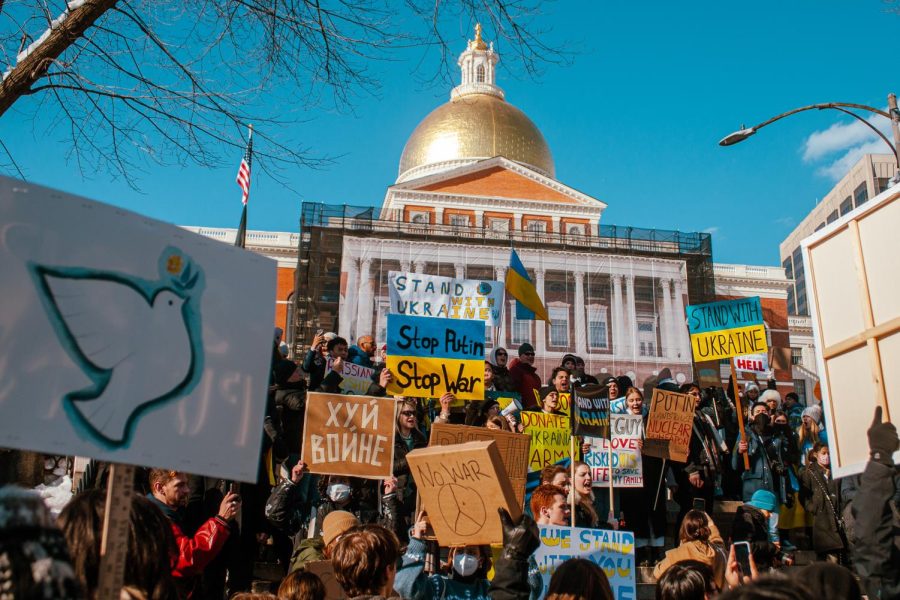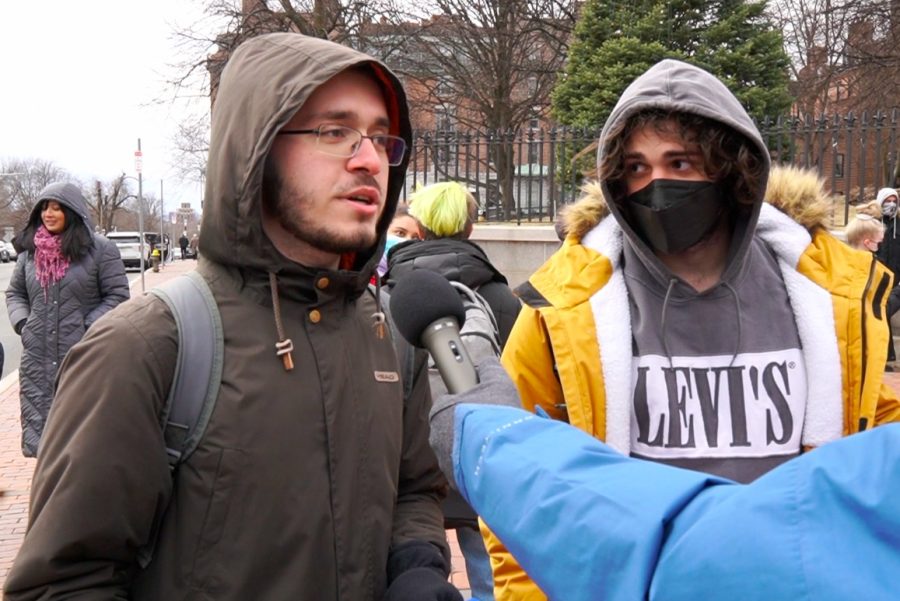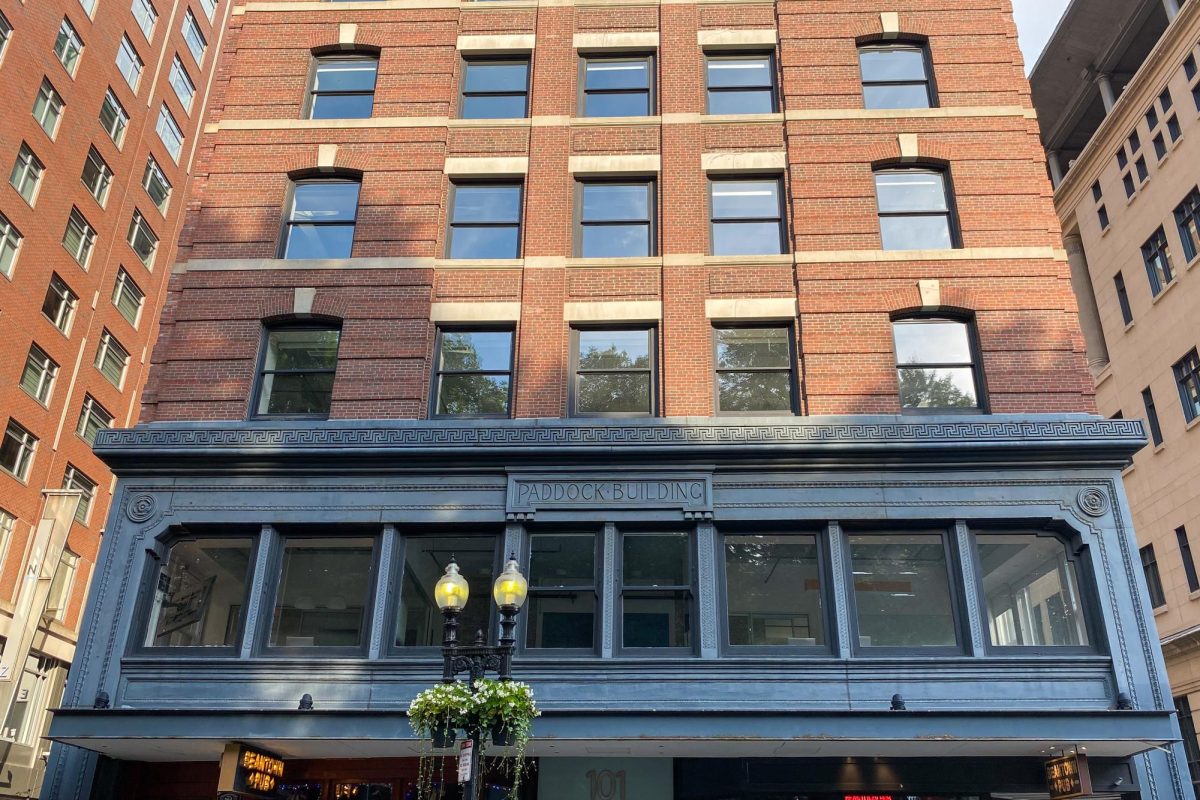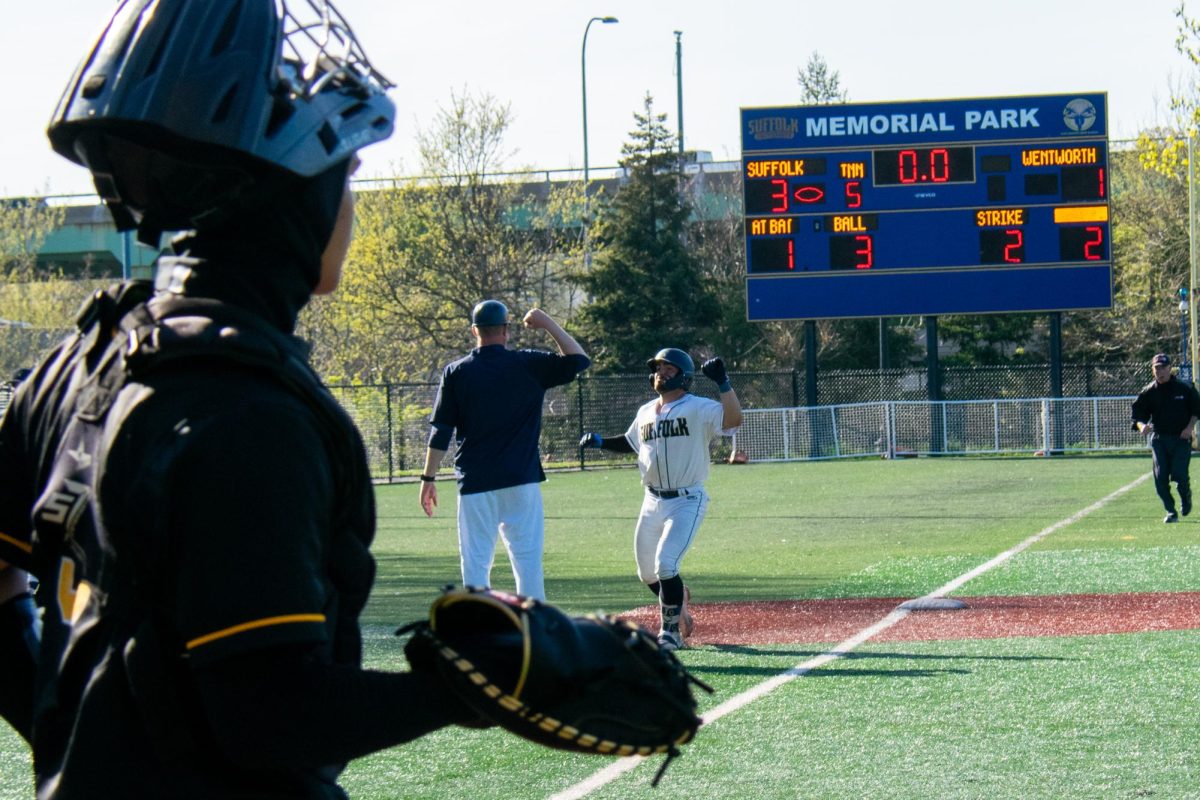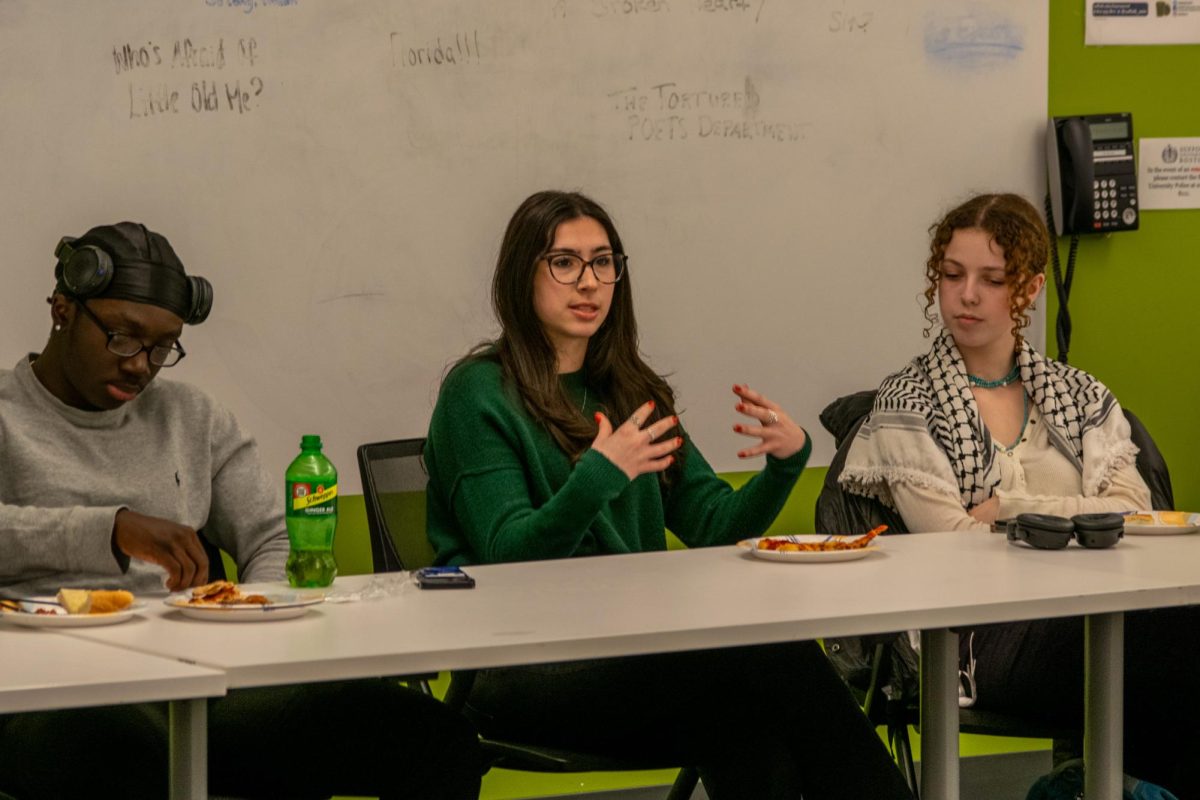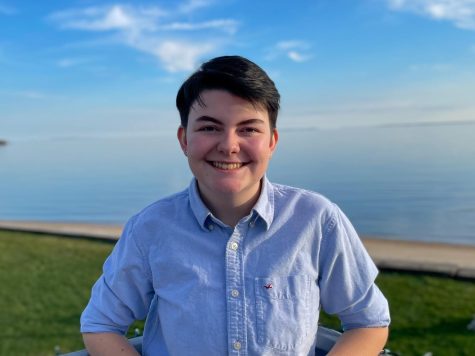A 7.8 magnitude earthquake rocked the area near Gaziantep, Turkey, during the early hours of Feb. 6, and its effects stretched over the border into northern Syria. As of Feb. 14, over 40,000 people have been reported dead in Turkey and Syria, making it the most deadly earthquake to strike the region since 1939, according to the New York Times.
The earthquake was followed by an unusually powerful aftershock, registering a 7.5 on the Richter scale, which measures the magnitude of earthquakes. Earthquakes are relatively common in Turkey, as the nation rests on the Anatolian plate between two major fault lines.
Onur Corbaci, a senior finance and marketing major at Suffolk University, was initially unconcerned after hearing the news of the earthquake.
“I had heard about earthquakes in relation to Turkey a lot of times and, usually, they tend to be small. I experienced one myself in Turkey; it was a very small one,” Corbaci said.
It wasn’t until the following morning, when he saw the news reports, that he understood the devastation that had occurred overnight. Corbaci said he has family close to the affected areas, who were shaken by the earthquake but relatively unharmed.
“It definitely hits close to home, in terms of knowing that your friends have lost family … I think it comes from the fact that Turkish culture, I would say, is based on collectivism. It’s not a very individualistic culture. So one person losing another person is a very big deal for other people in that community too,” Corbaci said.
Meryem Celebi, a sophomore marketing major from Turkey, said she felt she couldn’t do anything to help her home country because she was so far away. Her family was unharmed, but the massive death toll has impacted her greatly.
“Whenever I see the news, I feel like I also lost my family or lost my relatives, because it makes me so sad,” Celbi said. “When I told this to my friends who asked me about the situation, I don’t think they understand me that much. Maybe it looks weird, but it really affects me emotionally.”
More than a week after the earthquake, rescue groups continue to pull survivors out from the rubble of collapsed buildings in Turkey and Syria. In Turkey, authorities arrested contractors with alleged connections to many of the buildings that fell following the earthquake to hold them accountable for out-of-date building regulations that may have led to the destruction, according to CNN.
Turkish President Recep Tayyip Erdoğan has faced criticism for the government’s slow response in providing aid to victims and organizing searches for people suspected to be trapped beneath the more than 6,000 buildings that collapsed in Turkey, according to the BBC.
Celebi said that the government could be doing more to help people affected by the earthquake.
I feel like they’re not handling it perfectly right now,” she said.
Both the United Nations and at least 13 member countries of the European Union have mobilized relief groups to send aid to Turkey and Syria, according to the Associated Press.
In a press release, United States Secretary of State Antony Blinken said that the U.S. had pledged $85 million in urgent humanitarian assistance to Turkey and Syria.
“In both Türkiye and Syria, the United States will remain committed to doing whatever it takes, for as long as it takes, to provide necessary assistance to those impacted by these earthquakes. The United States will continue to support the people of Türkiye and Syria, and we welcome and encourage support from our international partners in this time of great need,” Blinken said in the statement.
Celebi and Corbaci advised students to donate to reputable relief organizations and spread awareness of the situation in Turkey and Syria on social media.
“I feel like helping people shouldn’t be dependent on the ethnicity, or culture or country … I feel like, as humans, we just need to help them, and [people] can help by donating or donating their supplies,” Celebi said.


